| Origem | Literatura Estrangeira |
|---|---|
| Quantidade de Páginas | 184 |
| Acabamento | Capa Comum |
| Autores | Ralf-Peter Behrendt |
| Idioma | Inglês |
| Edição | 0 |
| Selo | Vernon Art and Science |
 Fenomenologia da Vida: Tecitura de Afetos
Fenomenologia da Vida: Tecitura de Afetos
Busca Sentido
R$ 85,00 à vista Autocura a través de la reconciliación: Estudio Práctico Sobre Afectividad
Autocura a través de la reconciliación: Estudio Práctico Sobre Afectividad
Editares
R$ 85,00 à vista Academic Writing
Academic Writing
Prosperity Education
R$ 169,73 ou até 3x sem juros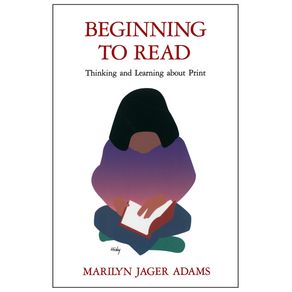 Beginning to Read
Beginning to Read
Random House
R$ 267,74 ou até 3x sem juros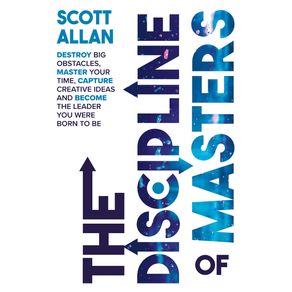 The Discipline of Masters
The Discipline of Masters
Scott Allan
R$ 115,90 ou até 2x sem juros Archetypal Dimensions of the Psyche
Archetypal Dimensions of the Psyche
Random House
R$ 263,00 ou até 3x sem juros Science of Life After Death
Science of Life After Death
Springer Nature B.V.
R$ 459,45 ou até 3x sem juros Polyvagal Theory
Polyvagal Theory
High Value Audiobooks
R$ 167,02 ou até 3x sem juros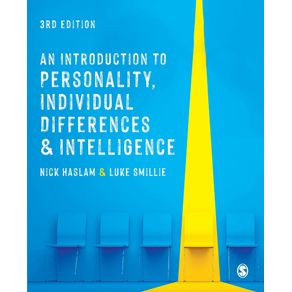 An Introduction to Personality, Individual Differences and Intelligence
An Introduction to Personality, Individual Differences and Intelligence
Sage Publications
R$ 402,04 ou até 3x sem juros Hegelian Marxism
Hegelian Marxism
Sodertorn University
R$ 161,67 ou até 3x sem juros The Unfortunate Truth About Vaccines
The Unfortunate Truth About Vaccines
Leon Canerot
R$ 152,93 ou até 3x sem juros SPORTS SOCIOLOGY IN PHYSICAL EDUCATION
SPORTS SOCIOLOGY IN PHYSICAL EDUCATION
Repro India Limited
R$ 103,31 ou até 2x sem juros Ciencia y Conducta Humana
Ciencia y Conducta Humana
ABA Espana
R$ 279,98 ou até 3x sem juros Bayes or Bust?
Bayes or Bust?
Random House
R$ 242,62 ou até 3x sem juros The Revision Theory of Truth
The Revision Theory of Truth
Random House
R$ 195,38 ou até 3x sem juros Fenomenologia da Vida: Tecitura de Afetos
Fenomenologia da Vida: Tecitura de Afetos
Busca Sentido
R$ 85,00 à vista Psicologia do esporte e desenvolvimento humano
Psicologia do esporte e desenvolvimento humano
Editora Viseu
R$ 71,90 à vista Autocura a través de la reconciliación: Estudio Práctico Sobre Afectividad
Autocura a través de la reconciliación: Estudio Práctico Sobre Afectividad
Editares
R$ 85,00 à vista Névroses Et Idées Fixes ... . Par Le Dr. Pierre Janet ......
Névroses Et Idées Fixes ... . Par Le Dr. Pierre Janet ......
Legare Street Press
R$ 219,63 ou até 3x sem juros Dopamine Detox
Dopamine Detox
PKCS Media, Inc.
R$ 157,21 ou até 3x sem juros Beginning to Read
Beginning to Read
Random House
R$ 267,74 ou até 3x sem juros Youth Suicide Prevention and Intervention
Youth Suicide Prevention and Intervention
Springer Nature B.V.
R$ 426,22 ou até 3x sem juros Civilization and Its Discontents (Warbler Classics Annotated Edition)
Civilization and Its Discontents (Warbler Classics Annotated Edition)
Warbler Press
R$ 99,44 à vista CATAFALQUE
CATAFALQUE
Peter Kingsley
R$ 424,80 ou até 3x sem juros A Deconstruction of Michel Foucaults 1979 Discourse of Neo-Liberalism for the 21st Century
A Deconstruction of Michel Foucaults 1979 Discourse of Neo-Liberalism for the 21st Century
Draft2Digital
R$ 132,97 ou até 2x sem juros Hegelian Marxism
Hegelian Marxism
Sodertorn University
R$ 161,67 ou até 3x sem juros Schedules of Reinforcement
Schedules of Reinforcement
Martino Fine Books
R$ 250,71 ou até 3x sem juros Identifying, Preventing and Combating Bullying in Gifted Education
Identifying, Preventing and Combating Bullying in Gifted Education
Information Age Publishing
R$ 471,37 ou até 3x sem juros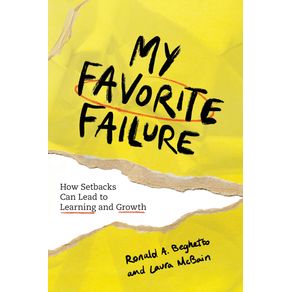 My Favorite Failure
My Favorite Failure
Rowman & Littlefield Publishing Group Inc
R$ 228,09 ou até 3x sem juros Bayes or Bust?
Bayes or Bust?
Random House
R$ 242,62 ou até 3x sem juros O que te mantém vivo?
O que te mantém vivo?
Busca Sentido
R$ 51,90 à vista Psicologia do esporte e desenvolvimento humano
Psicologia do esporte e desenvolvimento humano
Editora Viseu
R$ 71,90 à vista The Person in Narrative Therapy
The Person in Narrative Therapy
Springer Nature B.V.
R$ 344,78 ou até 3x sem juros Anxiety
Anxiety
Hopkins Fulfillment Service
R$ 260,14 ou até 3x sem juros Strategies and Tactics of Behavioral Research and Practice
Strategies and Tactics of Behavioral Research and Practice
Taylor & Francis Ltd
R$ 855,87 ou até 3x sem juros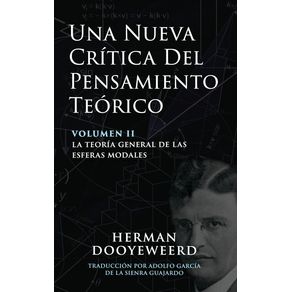 Una Nueva Crítica del Pensamiento Teórico
Una Nueva Crítica del Pensamiento Teórico
Paideia Press
R$ 390,97 ou até 3x sem juros The Discipline of Masters
The Discipline of Masters
Scott Allan
R$ 115,90 ou até 2x sem juros How White Evangelicals Think
How White Evangelicals Think
Wipf and Stock Publishers
R$ 204,28 ou até 3x sem juros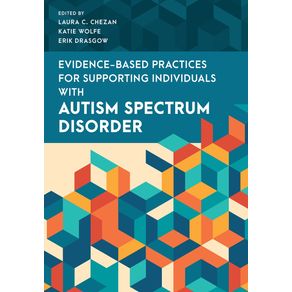 Evidence-Based Practices for Supporting Individuals with Autism Spectrum Disorder
Evidence-Based Practices for Supporting Individuals with Autism Spectrum Disorder
Rowman & Littlefield Publishing Group Inc
R$ 327,10 ou até 3x sem juros Science of Life After Death
Science of Life After Death
Springer Nature B.V.
R$ 459,45 ou até 3x sem juros A Theory of Human Motivation (Hardcover Library Edition)
A Theory of Human Motivation (Hardcover Library Edition)
Repro India Limited
R$ 140,84 ou até 2x sem juros Civilization and Its Discontents (Warbler Classics Annotated Edition)
Civilization and Its Discontents (Warbler Classics Annotated Edition)
Warbler Press
R$ 99,44 à vista The Unfortunate Truth About Vaccines
The Unfortunate Truth About Vaccines
Leon Canerot
R$ 152,93 ou até 3x sem juros Swami Vivekananda and C.G. Jung
Swami Vivekananda and C.G. Jung
Strategic Book Group, LLC
R$ 219,35 ou até 3x sem juros Ciencia y Conducta Humana
Ciencia y Conducta Humana
ABA Espana
R$ 279,98 ou até 3x sem juros